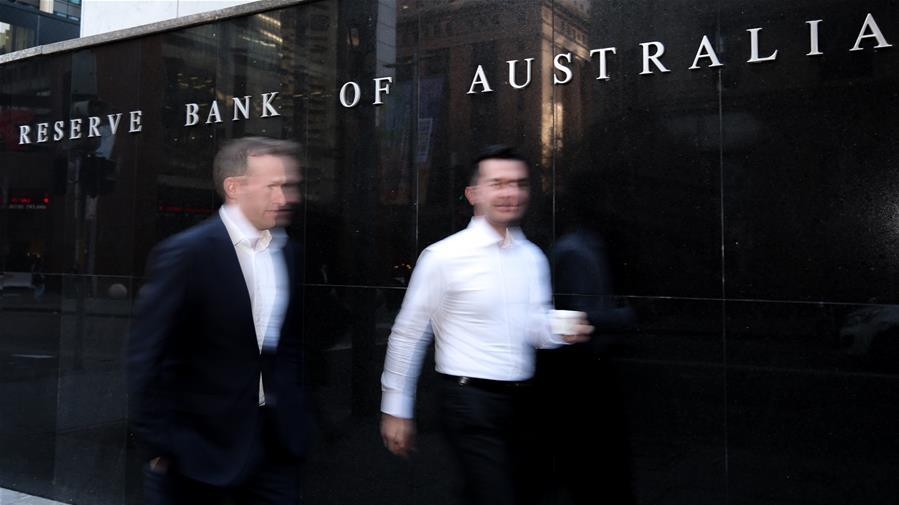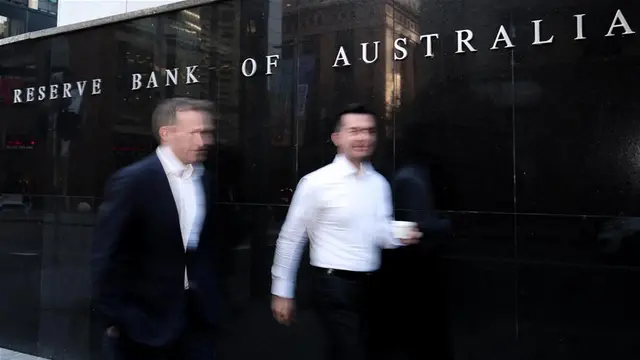
Australian economy contracted seven percent in the April to June period as it suffered from the COVID-19 crisis, dragging the country into recession for the first time in nearly 30 years, data from the Australian Bureau of Statistics (ABS) showed on Wednesday.
"This is, by a wide margin, the largest fall in quarterly GDP since records began in 1959,"said Michael Smedes, head of National Accounts at the ABS, after the figures were released.
He also attributed the quarterly fall to "global pandemic and associated containment policies."
The figure follows a 0.3 percent contraction in the first quarter of this year.
The ABS report also showed that due to an increased number of recipients and additional support payments, social assistance benefits in cash rose to a record 41.6 percent.
Spending on services dropped 17.6 percent after decrease in transport services, operation of vehicles and hotels, cafes and restaurants.
"The June quarter saw a significant contraction in household spending on services as households altered their behavior and restrictions were put in place to contain the spread of the coronavirus," said Smedes.
Meanwhile, Australian Treasurer Josh Frydenberg said the June National Accounts were full of "heartbreaking stories."
He warned that the road ahead will be long, hard and bumpy as Victoria's COVID-19 situation is likely to affect the next economic quarter.
"It's important to recognize that this fall in the June quarter does not include the economic impact from the stage four restrictions imposed by the Victorian Government in early August," he said.
"This is something that will weigh heavily on the September quarter numbers."
In March, the Reserve Bank of Australia (RBA)
slashed
interest rates to a record 0.25 percent together with an unprecedented stimulus package, which included an unlimited quantitative easing program.
On Tuesday, the bank also expanded its cheap funding facility program to keep low-cost credit flowing in the economy.
(Cover: Pedestrians walk past the Reserve Bank of Australia, the country's central bank, in Sydney, Australia, July 2, 2019. /Xinhua)
(With input from Xinhua)
 简体中文
简体中文

